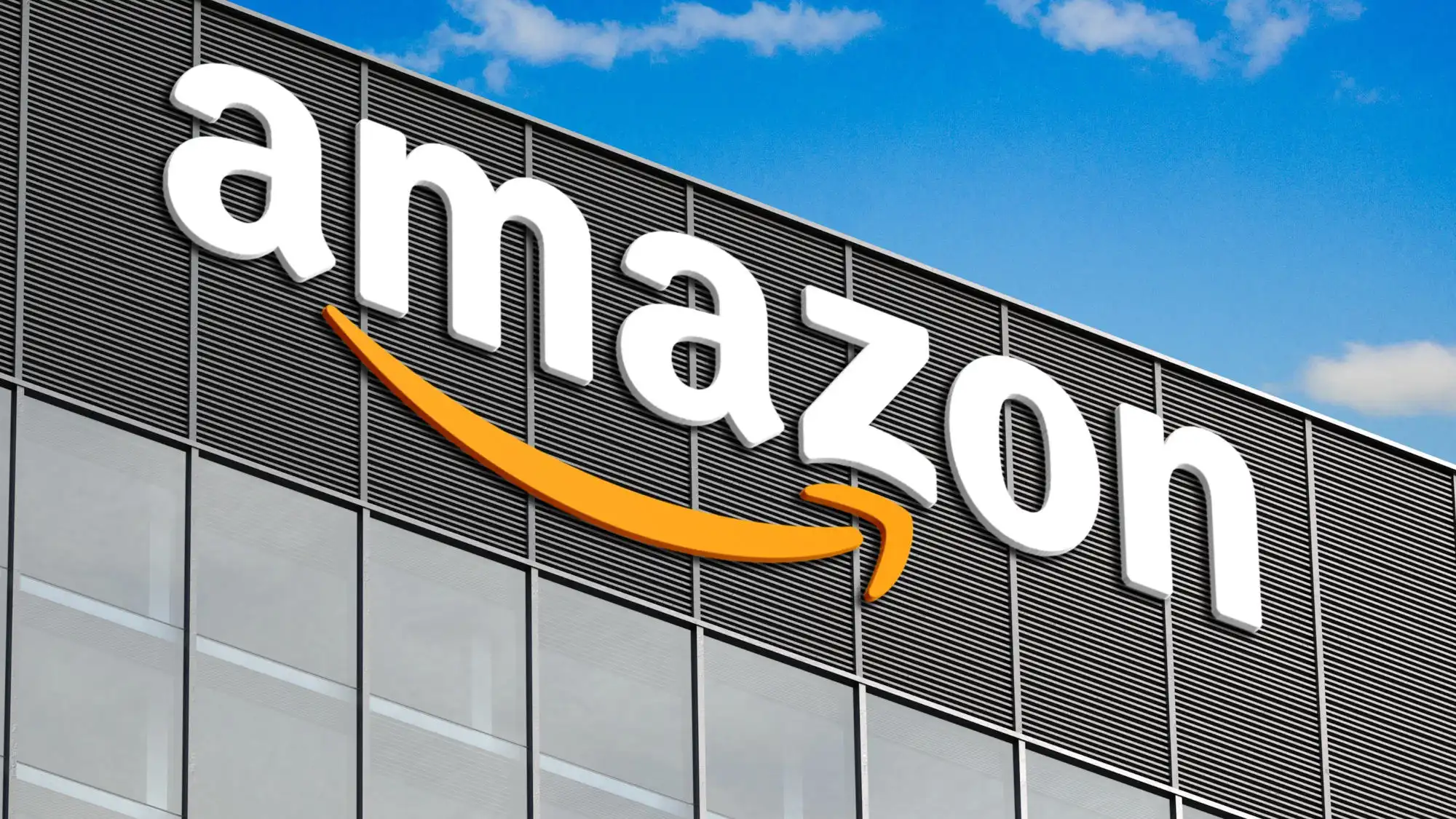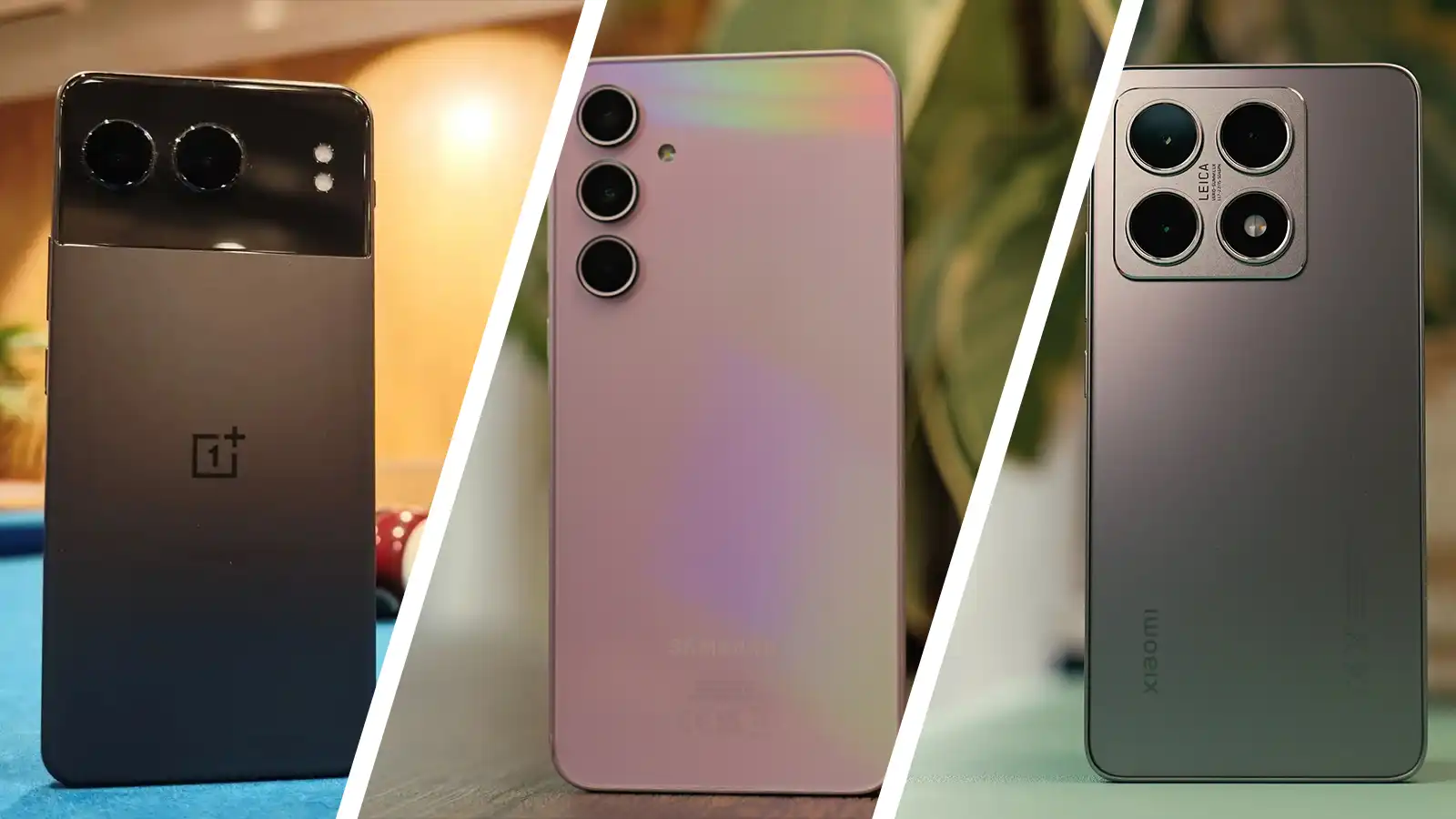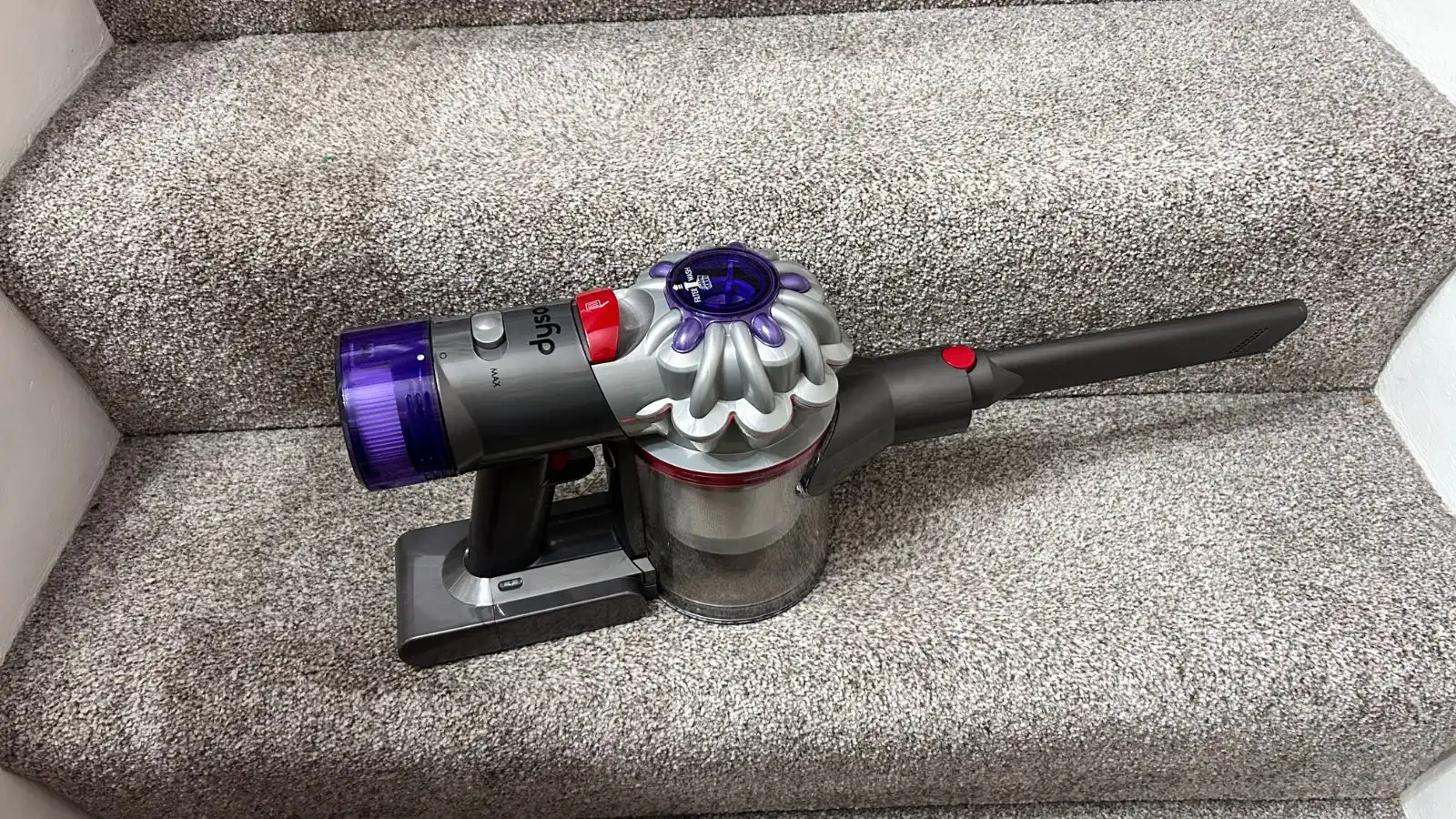The lawsuit alleges that Amazon uses deceptive list prices to make discounts look better than they actually are.
Why did Amazon rise to world dominance? It made online shopping convenient and easy, yes. And it stocked almost every item you can think of, sure. But really it comes down to low prices and discounts. Prime Day and the upcoming Prime Big Deal Days events are prime examples.
But the online shopping titan is currently facing headwind for its pricing policy. A class action lawsuit alleges that the company advertises with “fake discounts” to entice customers into making purchases.
The Ramirez v. Amazon lawsuit (PDF) was filed by lead plaintiff David Ramirez at the Western District Court in Washington. It calls out Amazon’s alleged practice of using fake list prices that aren’t suitable for use as genuine comparative values for advertised discounts.
Deceptive practices in Amazon deals
The claim states that list prices on Amazon may not be older than 90 days. However, Amazon allegedly used older prices as comparative values to make current discounts appear significantly better.
One example mentions Fire TV models, which are produced by Amazon and were offered at a discount. Comparative prices from 2023 were allegedly used to conceal the fact that Fire TVs had been cheaper to buy in the past, but that would’ve made the offer less attractive.
In addition, Amazon allegedly labeled the deals as limited-time offers, which in reality were not limited at all. According to the lawsuit, this helped to push potential customers to buy.
Waiting for an injunction against Amazon
Ramirez emphasizes that deals have a major influence on consumer purchasing decisions and that companies should therefore not advertise with “fake discounts.” He’s therefore suing for injunctive relief and hopes that other affected parties will join him.
The court must now decide whether the lawsuit will be upheld and whether those affected can hope to receive compensation. If consumer purchases can be demonstrably linked to these deceptive offers, a decision could be made in favor of the plaintiffs.
Until then, take care when shopping Amazon deals. Use price tracking tools like CamelCamelCamel and Keepa, which monitor Amazon price histories for millions of products, so you can check if any given “deal” on a product is actually a deal by comparing past prices.




